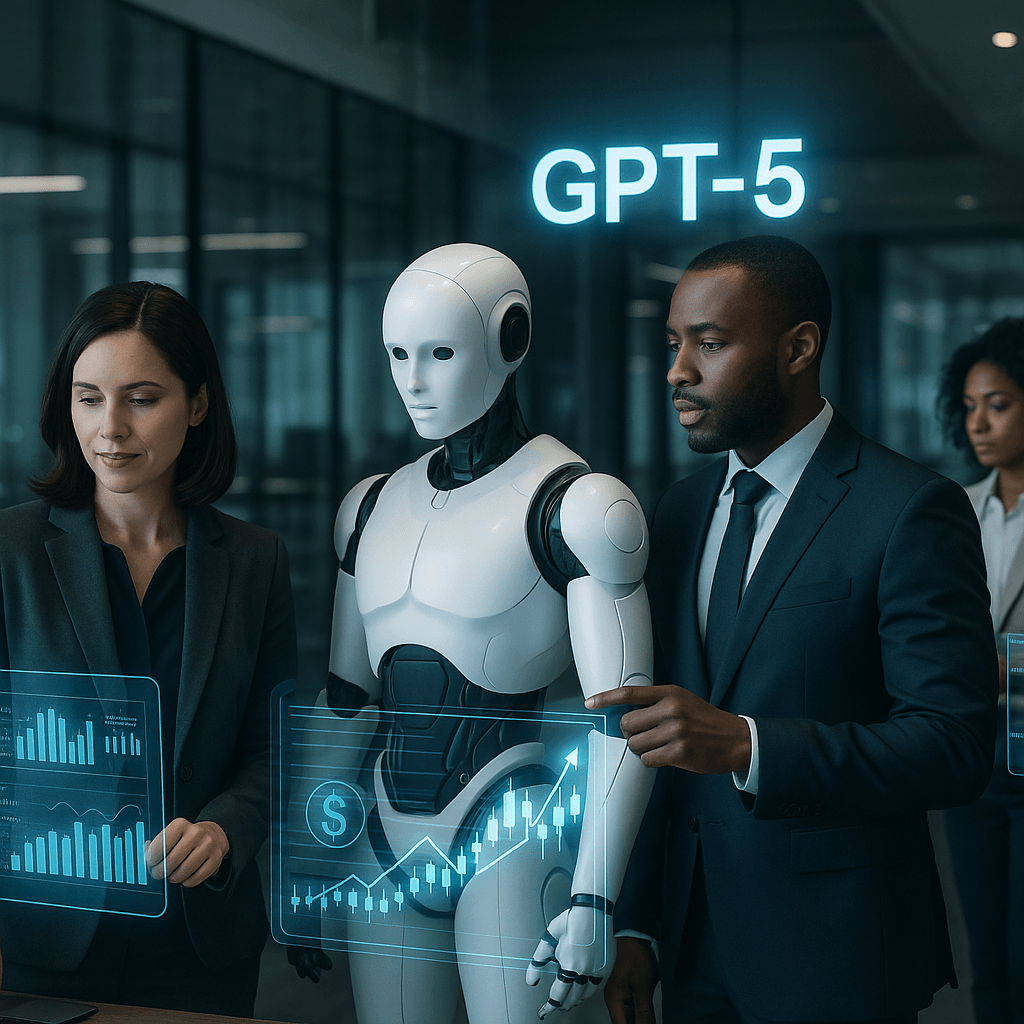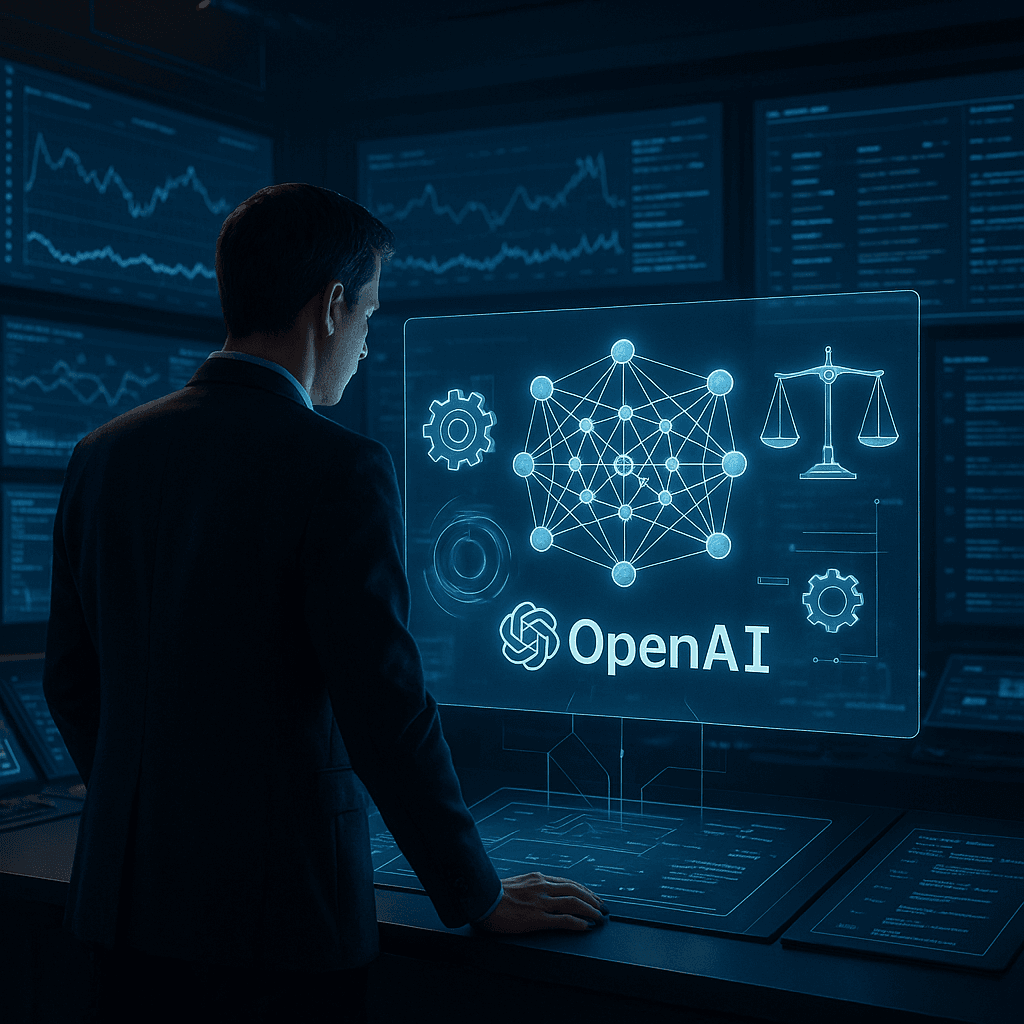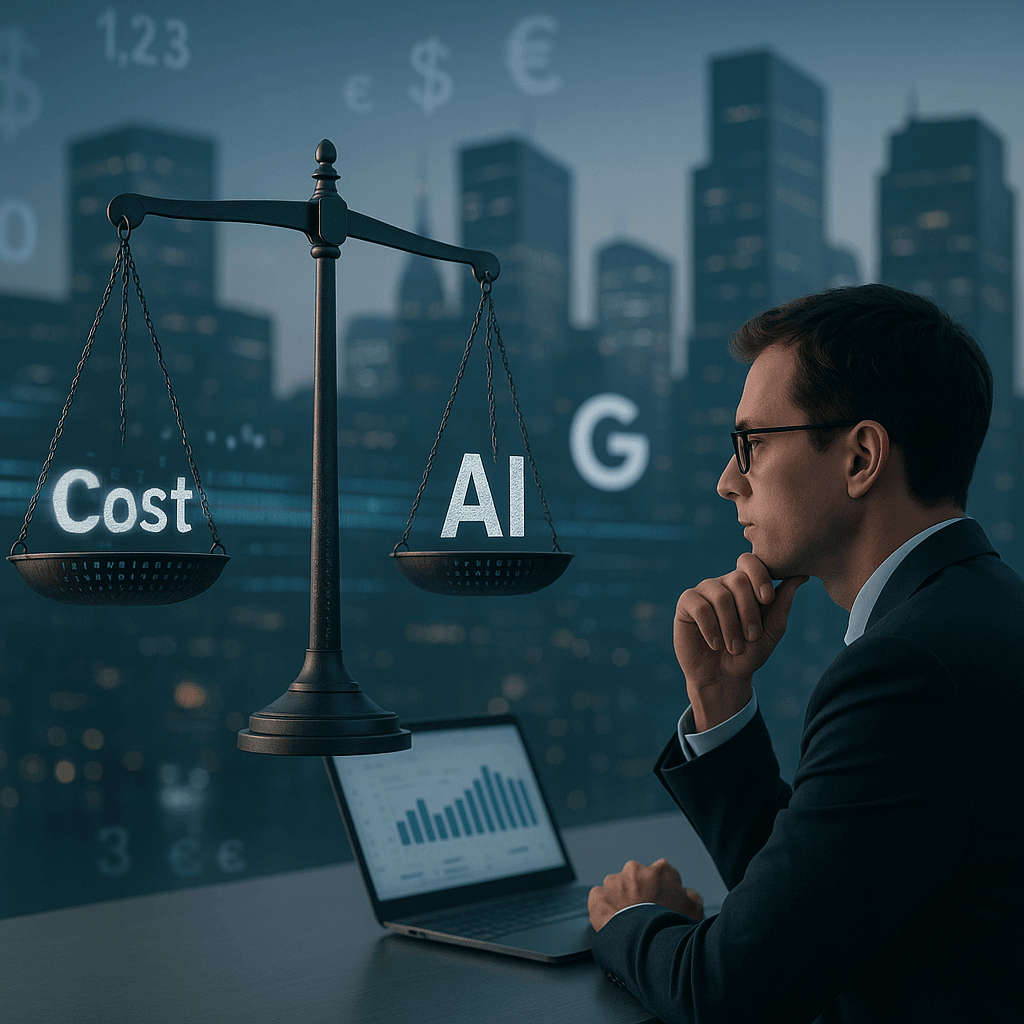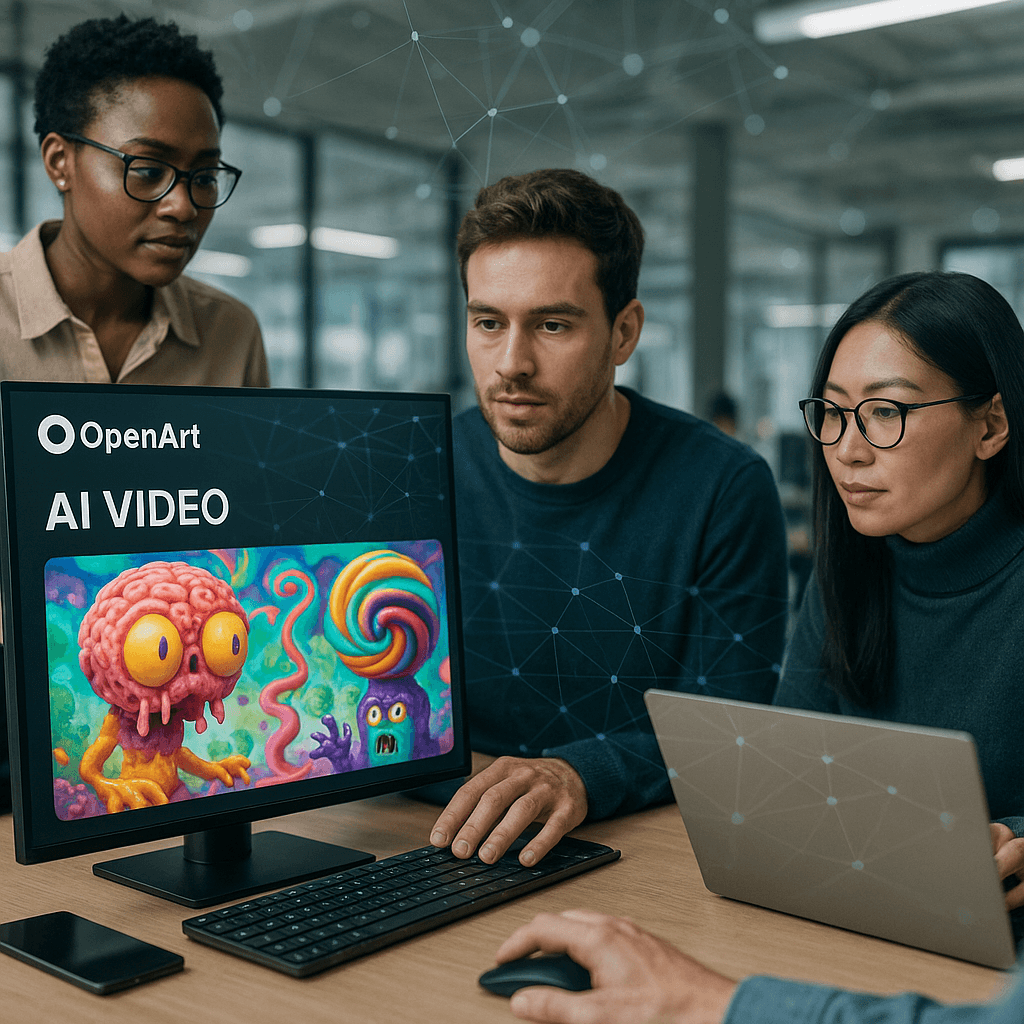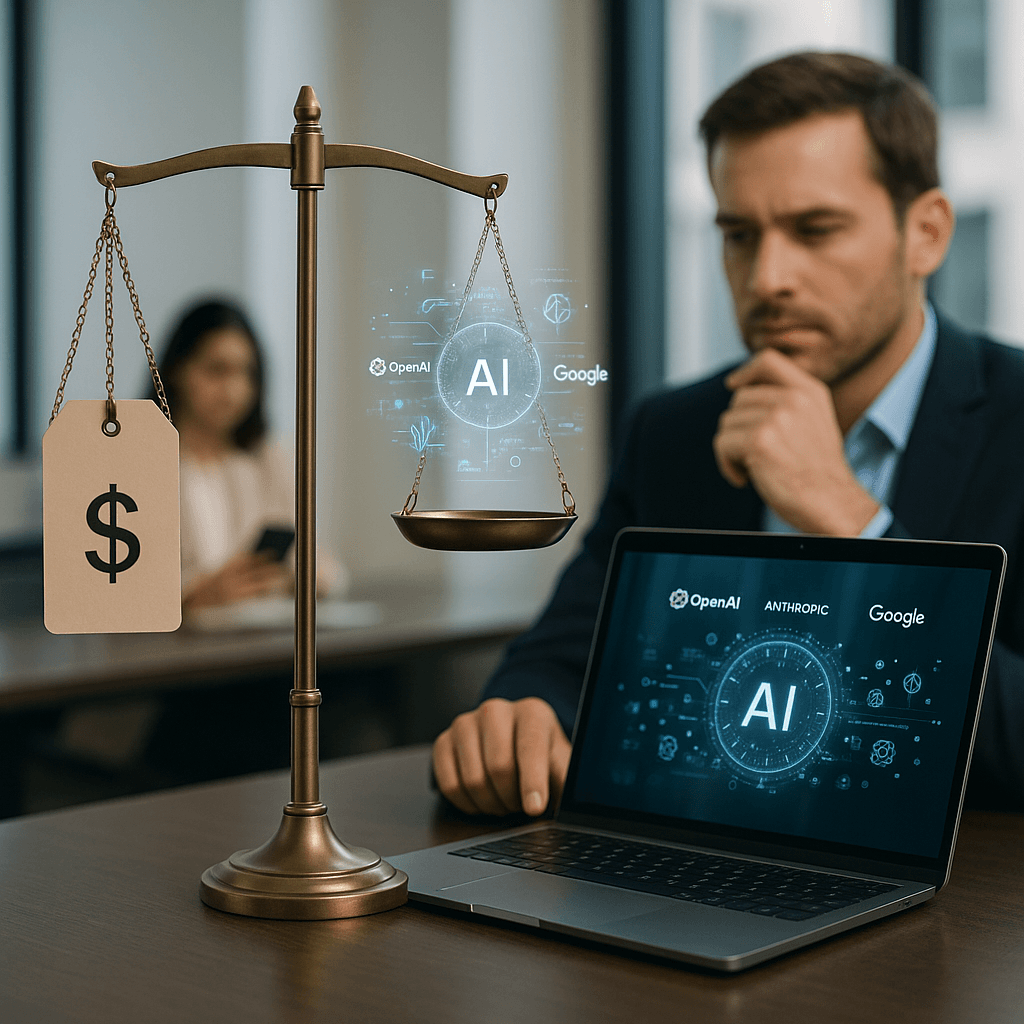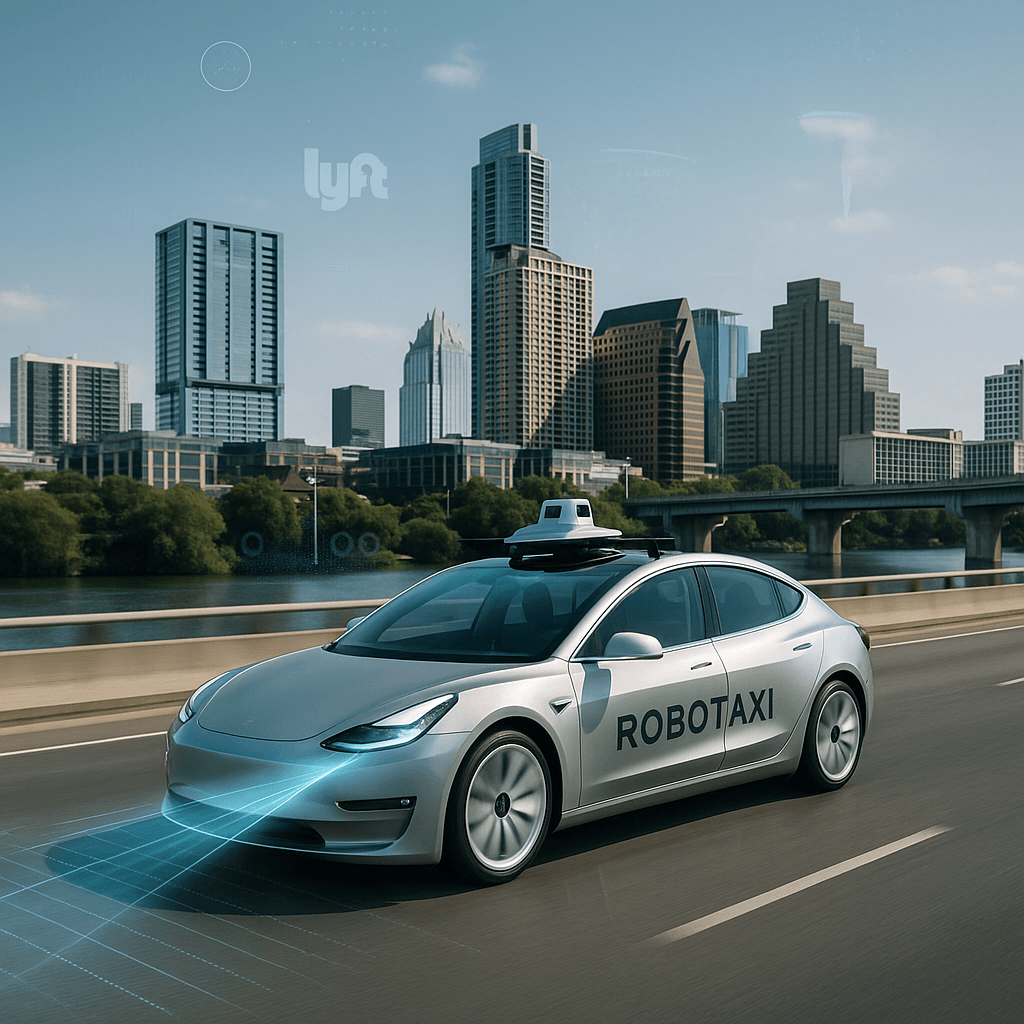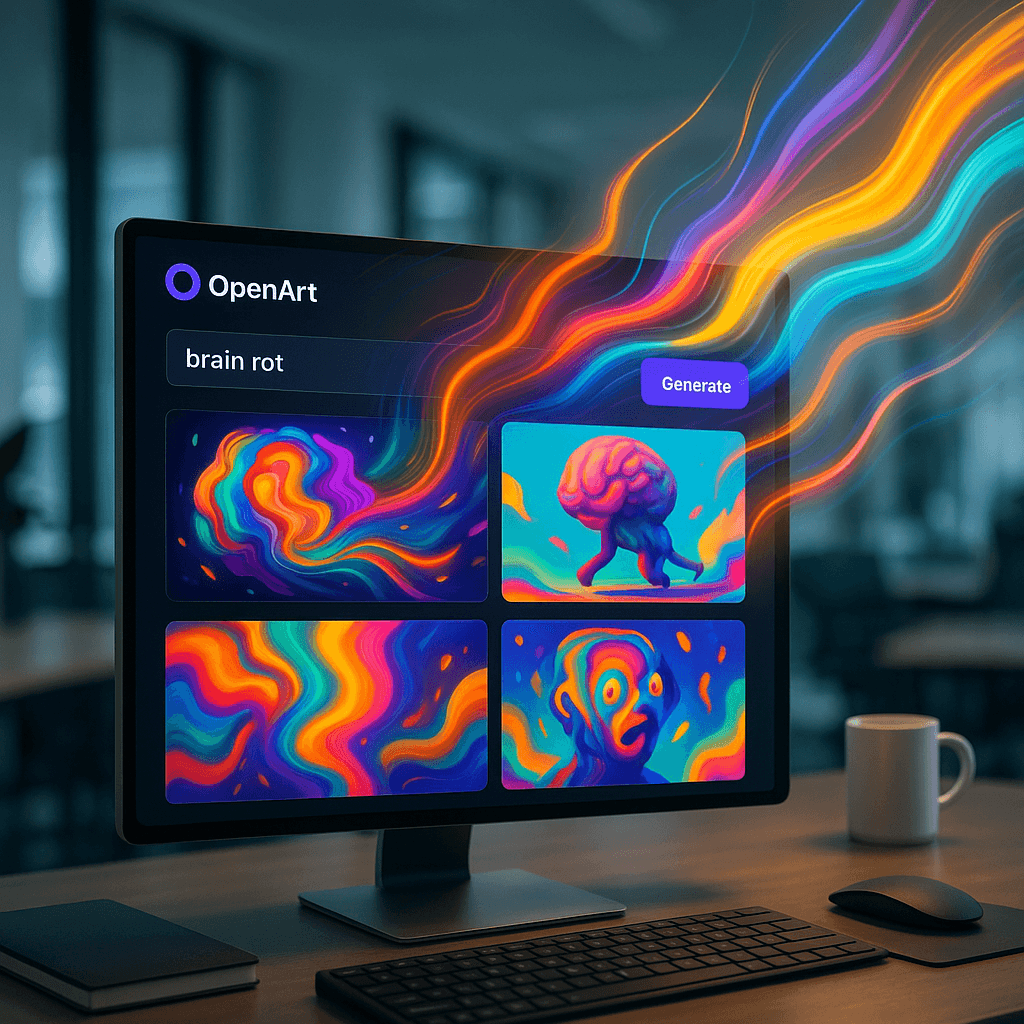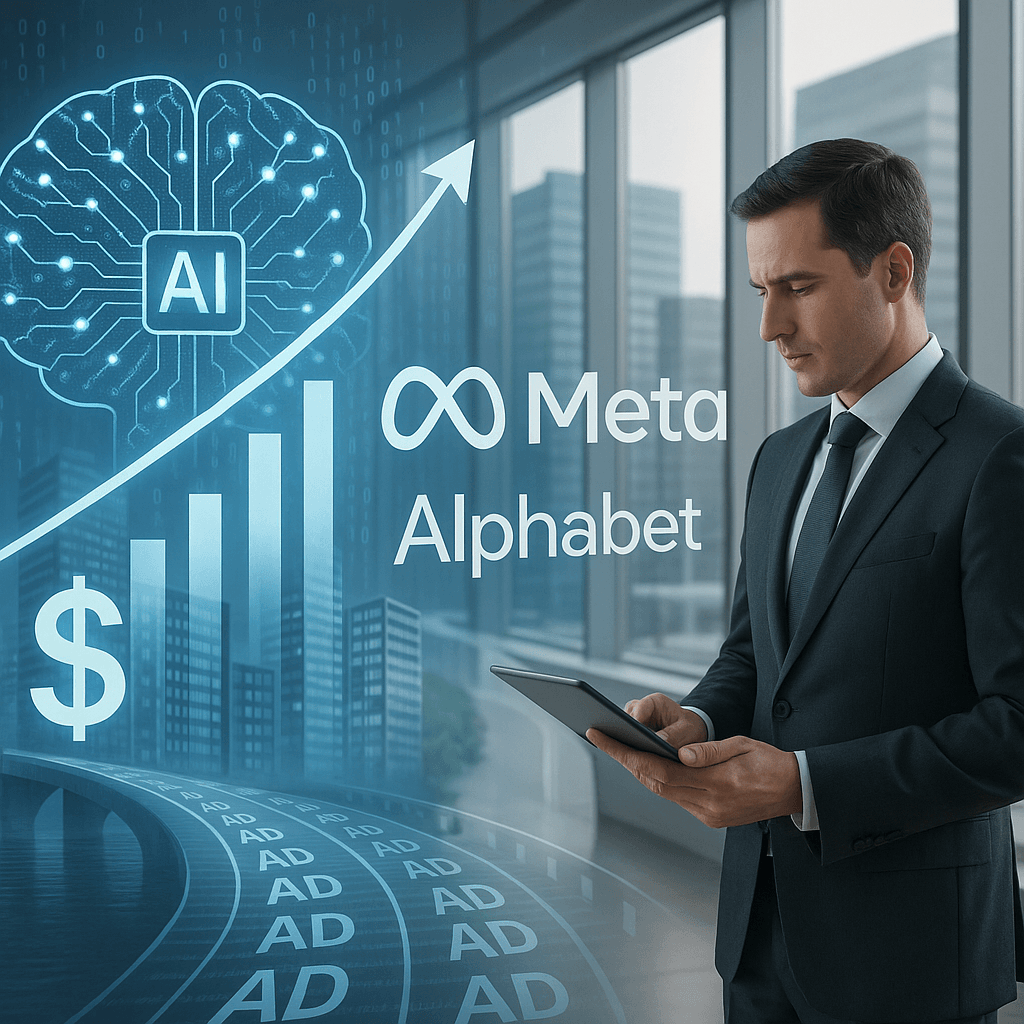TL;DR
- - Explore GPT-5's new features and implications for chatbots.
- - Research shows enhanced AI-driven interactions with 20% increase in task efficiency.
- - Position AI as a tool for transformative business strategies.
- - GPT-5 sets new standards for AI capabilities, offering strategic opportunities for tech investors.
On August 14, OpenAI unleashes its GPT-5 model, shaping a new era in chatbot interaction. But what does this mean for the technology driving AI and the everyday ChatGPT user? Discover the transformative features of GPT-5 and its implications for businesses and AI implementation.
Opening Analysis
The buzz surrounding the release of OpenAI's GPT-5 is more than just tech chatter. Set for launch on August 14, GPT-5 promises to evolve the landscape of AI with capabilities that mimic expert-level human interaction. Sam Altman, CEO of OpenAI, stated that GPT-5 represents a significant leap over its predecessors, offering a nuanced and sophisticated understanding of context that resembles expert discourse. This iteration seeks to improve productivity by augmenting AI-driven conversations and applications.
Market Dynamics
The generative AI market is witnessing a seismic shift with GPT-5's introduction. Competitors now face intensified pressure to match or exceed these capabilities. Early adopters of GPT-5 anticipate gaining a technological edge, potentially influencing sectors from customer support to complex data analytics. This might create a scenario where smaller startups could rise or fall based on their adoption rate and integration capability with this new model.
Technical Innovation
GPT-5 is designed with refined algorithms that enhance natural language understanding, allowing for more seamless task executions and powerful interpretations of ambiguous inputs. OpenAI's enhancements target a 20% increase in efficiency for complex tasks, potentially reshaping how companies leverage AI for sophisticated use-cases, such as predictive modeling and strategic forecasting.
Financial Analysis
In the backdrop of declining software innovation, GPT-5 could catalyze renewed investor confidence in AI. Anticipate valuations to increase for early integrated platforms by 15-20%, as businesses and tech ecosystems rapidly integrate this new model. Strategic allocations in AI-driven innovation funds promise lucrative returns.
Strategic Outlook
While early adopters will likely benefit in the immediate term, the long-term effects will hinge on how GPT-5 shapes industry standards. Expect a surge in AI-powered company strategies, with organizations refining processes to align with GPT-5's capabilities. Leading this change will require corporations to reassess their tech stacks, ensuring seamless collaboration between AI and human operators. Transition strategies will thus be pivotal for capitalizing on this transformative leap.
